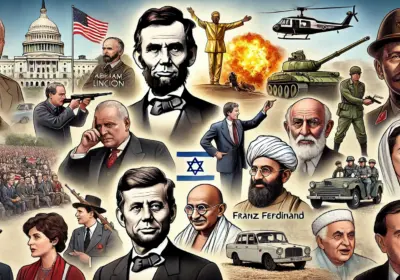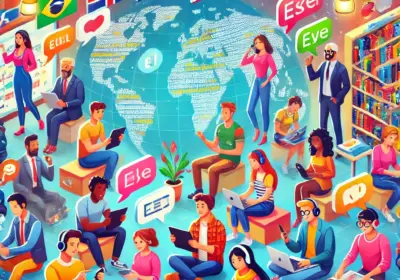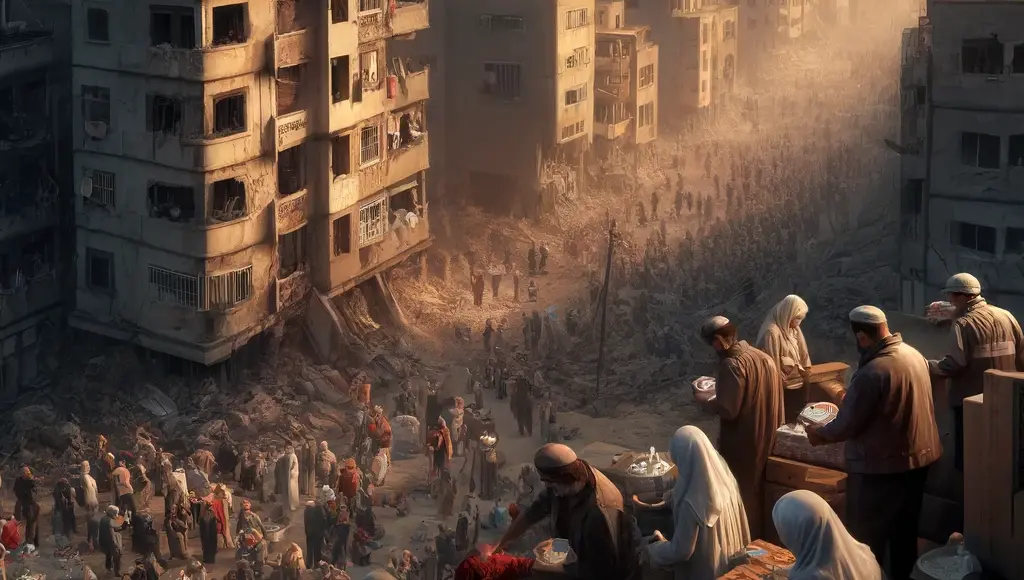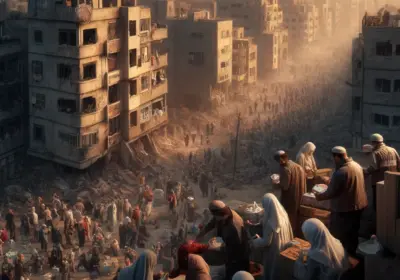The ongoing conflict between Israel and Gaza is more than a geopolitical dispute; it is a profound humanitarian crisis that affects millions of innocent lives. Amidst the complex dynamics of power, military might, and political agendas, the civilians of Gaza bear the brunt of suffering, making it imperative to view the situation through a humanitarian lens, particularly from the perspective of those in Gaza.
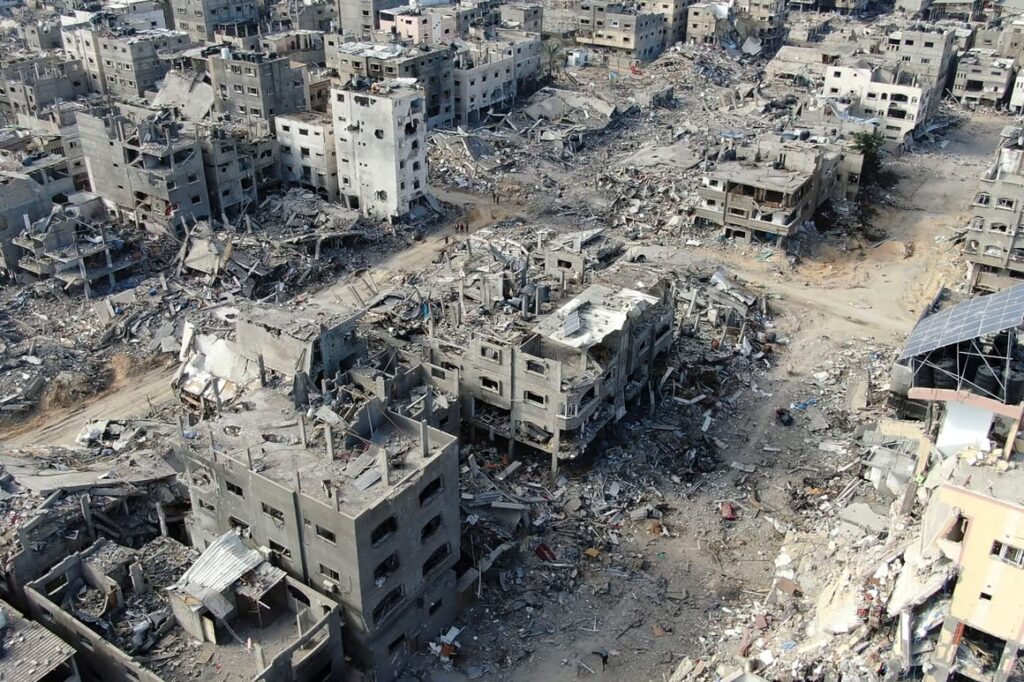
The Impact of Military Actions
Recent escalations have led to devastating consequences for the civilian population in Gaza. Reports have indicated severe Israeli military responses, including the widespread use of heavy weaponry in densely populated areas and alleged uses of white phosphorus. These actions have not only resulted in significant civilian casualties, including many children but have also led to the destruction of homes and infrastructure (Human Rights Watch).
The Compounding Effects of the Blockade
The situation is further exacerbated by the longstanding blockade imposed on Gaza, which restricts the flow of essential goods including food, fuel, and medical supplies. This blockade has crippled Gaza’s economy, healthcare, and overall societal structure, plunging its inhabitants into a perpetual state of crisis and dependency. The humanitarian implications are dire, with residents facing acute shortages of life’s basic necessities and a healthcare system on the brink of collapse (Human Rights Watch).
A Call for Humanitarian Intervention
From a humanitarian perspective, the international community’s response to the crisis in Gaza requires urgent reassessment. There needs to be a concerted effort to ensure that international laws and humanitarian standards are upheld. The protection of civilians, regardless of political disputes, must be a priority. The use of indiscriminate and disproportionate force in conflict zones not only breaches international law but also moral obligations to preserve human dignity and life.
The Path Forward
The resolution of the Israel-Gaza conflict must prioritize humanitarian concerns and seek to address the root causes of the conflict through dialogue and negotiation. It is crucial to advocate for policies that protect civilians and promote sustainable peace in the region. The international community, along with local leaders, must work towards a ceasefire, lift the blockade, and provide necessary aid to rebuild Gaza’s shattered infrastructure and lives.
In conclusion, the plight of Gaza’s civilians should not be overshadowed by political agendas. As global citizens, it is our responsibility to highlight these humanitarian issues and push for a world where the dignity and safety of every individual are respected. This conflict calls not only for immediate attention but for a long-term commitment to peace, justice, and humanity.
You can find more articles like this here.




